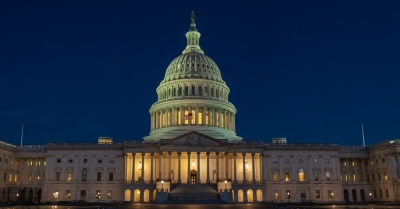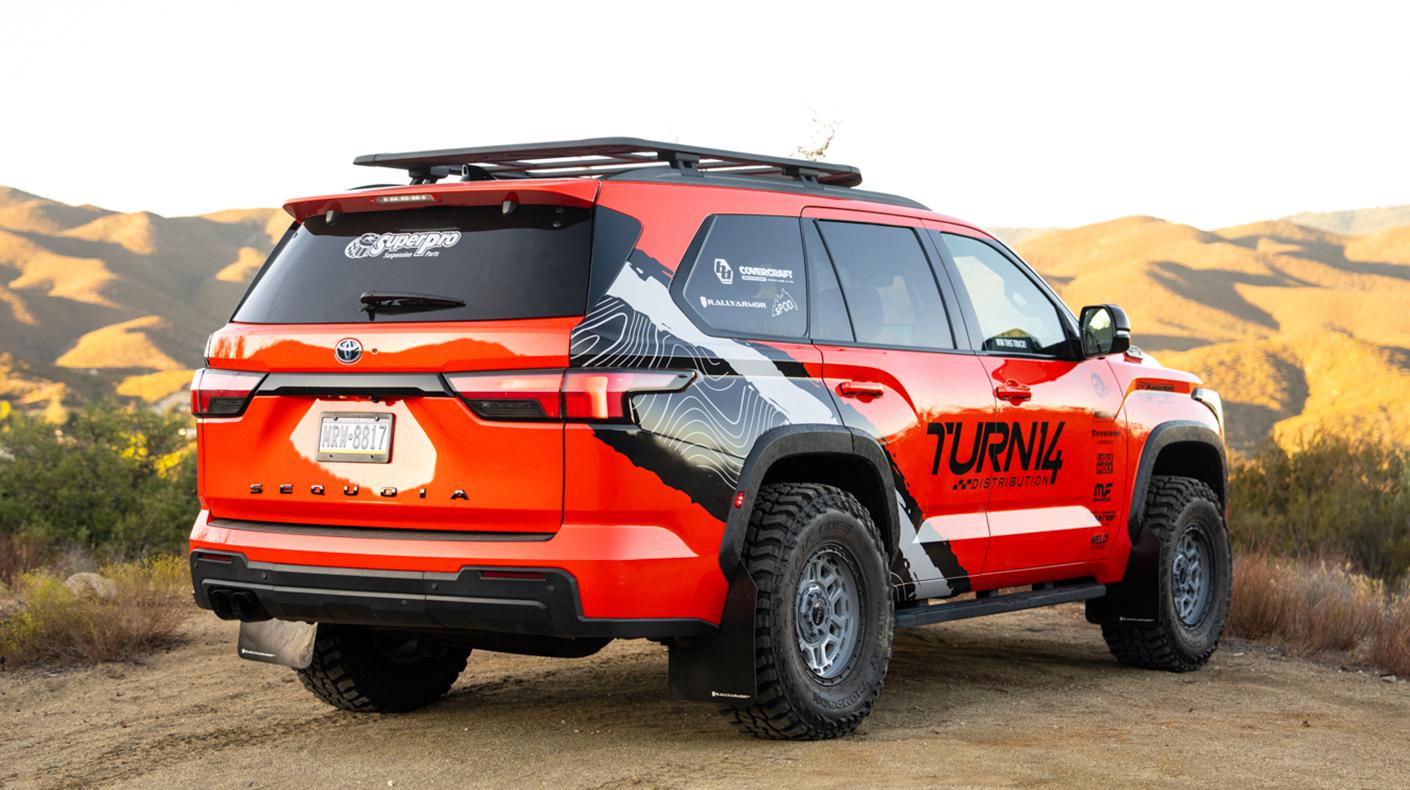Educating Lawmakers: The Path Ahead
From the Association
In 1963, before there was even a SEMA Show, a group of small business entrepreneurs who made parts for early hot rods organized to support the hobby, the enthusiasts, and the motorsports lifestyle. One of their original goals was to have a voice at the table when it came to negotiating with state, federal and regulatory agencies that often proposed overly broad restrictions—failing to perceive less-obvious, often detrimental side effects.

Now, 60 years later, it’s clear that SEMA’s watchdog role on behalf of its members in the legislative and regulatory arena continues to be of critical importance to everyone in the industry—hobbyists and motorsports participants included.
In today’s environment of rapid innovation and technological change, adding expert government affairs staff to help the association step up its government affairs activity has been a top priority. The recent hiring of a senior vice president of public and government affairs represents an important step forward in the association’s ability to raise visibility of the specialty-equipment industry among policymakers.
The new senior vice president, Karen Bailey-Chapman, will work to ensure that SEMA has a strong voice in regulatory and policy discussions at both state and federal levels. She is a seasoned public affairs executive who excels at understanding complex policy issues. And her extensive experience in government relations, plus solid relationships on Capitol Hill, will be instrumental in the effort to educate lawmakers, regulators and the public about the specialty-equipment industry, which employs large numbers, fosters innovation and is a major sector of the country’s economy. She will work in close collaboration with SEMA’s communications and legal departments.
The tasks ahead are not insignificant.
Among the challenges is the need to ensure enthusiasts, aftermarket businesses and repair shops have access to the information and tools needed to repair and upgrade today’s more complex vehicles. This “right to repair” effort goes hand-in-hand with the need to make sure that SEMA members can safely modify vehicles with advanced driver-assistance systems (ADAS) technologies that assist drivers and automate vehicle systems. SEMA and industry partners are currently working to develop tests to confirm that vehicles remain in compliance after customization, but the need to convince Congress to consider the aftermarket when pursuing ADAS legislation remains clear.
Another top priority is maintaining off-highway vehicle (OHV) access to public lands, a topic of keen interest to off-road enthusiasts and SEMA-member companies that support the outdoor recreational community. SEMA supports policies that expand responsible OHV recreational opportunities, and opposes land use policies that unnecessarily limit access.
And then there is the 2015 Environmental Protection Agency (EPA) provision making it illegal to convert street vehicles into dedicated race cars. SEMA has been working with allies in Congress to pass the Recognizing the Protection of Motorsports (RPM) Act, which clarifies that it is legal to make emissions-related changes to a street vehicle for the purpose of converting it into a race car used exclusively in competition.
Other ongoing legislative initiatives involve protecting members’ intellectual property rights, addressing warranty denial, eliminating tariffs that impact American consumers and businesses, and coping with electric vehicle mandates that threaten to change the landscape in the coming decade.
The recent Washington Rally provided an opportunity for SEMA members to remind their lawmakers that decisions they make are being closely monitored by the specialty equipment community. Even if you could not attend this year, you can help support your industry by signing up for the SEMA PAC and by defending the hobby through the SEMA Action Network (SAN). Visit www.semasan.com to join SAN, stay up-to-date on important state and federal bills, and help advance our automotive freedoms.





